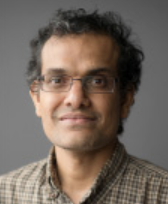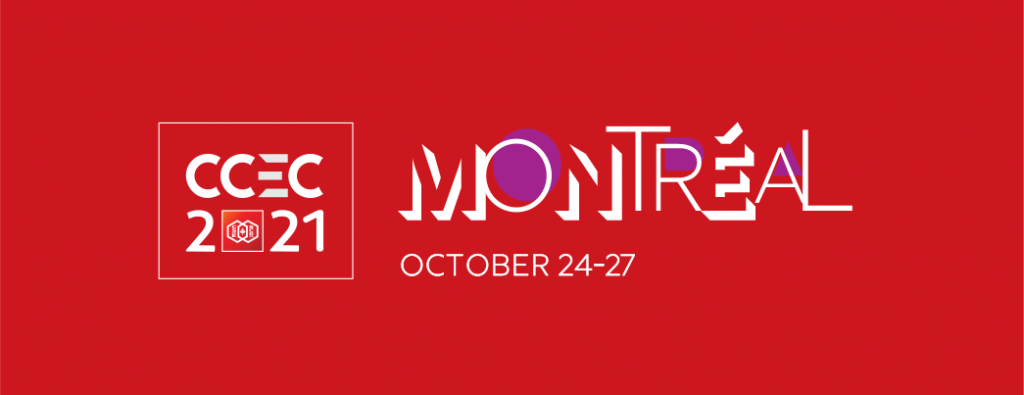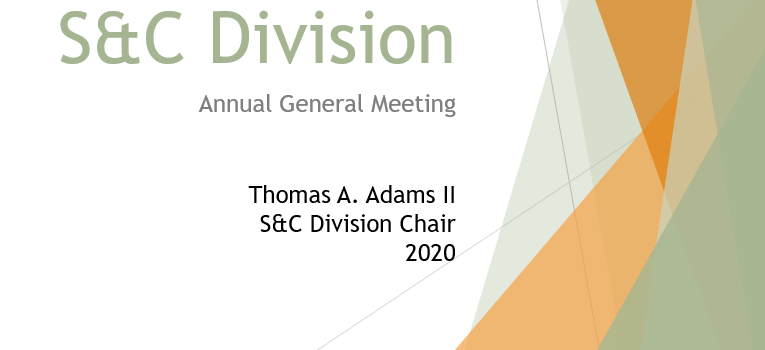Assistant Professor – Sustainable Energy Systems
ENG Chemical&MaterialsEngineer
| Competition No. – A107447097 Closing Date – Will remain open until filled. |
The Department of Chemical and Materials Engineering at the University of Alberta invites applications for one full-time, tenure-track Assistant Professor position in Sustainable Energy Systems. This position is part of the University of Alberta’s priority to build a diverse faculty; thus, candidates from traditionally underrepresented and equity deserving groups are strongly encouraged to apply.
The successful candidate will have research expertise in the area of sustainable energy systems related to life cycle and techno-commercial analysis and thermodynamics. The successful candidate’s research will complement the existing research in the department on various aspects of energy systems, including carbon capture, materials development, and renewable energy production.
The successful candidate will have a PhD in Chemical Engineering or a closely related field. They are expected to be or become a licensed Professional Engineer through the Association of Professional Engineers and Geoscientists of Alberta (APEGA, https://www.apega.ca/). Licensure must be obtained within five years from the date of hire.
We are seeking candidates with a demonstrated commitment to excellence, innovation, and diversity, equity, and inclusion in their research, teaching, and service work. Consideration will be given to candidates with a record of publications in reputable peer-reviewed journals and conference proceedings. Consideration will also be given to those who provide evidence of research and teaching experience and skills, and who have a demonstrated record of service and volunteerism broadly related to their research, teaching, and/or equity, diversity, and inclusivity.
The Department of Chemical and Materials Engineering aims to maintain our position among the leading schools in North America. With a present complement of more than 45 faculty members, research in the Department is vigorous and covers all major areas of chemical and materials engineering. Our research strengths are diverse, and include process systems engineering, surface and interfacial science, reaction engineering and catalysis, biochemical and biomedical engineering, energy-related materials, and welding and metallurgy. We celebrate creativity, diversity, perseverance, and a collaborative spirit and recognize the importance of academic excellence in conjunction with work/life balance, interdisciplinary research, and mentorship. Our graduate program attracts outstanding students from the best schools worldwide and presently has an enrollment of over 400 students, including approximately 200 PhD students.
The University of Alberta in Edmonton is one of Canada’s top teaching and research universities, with an international reputation for excellence across the humanities, sciences, creative arts, business, engineering, and health sciences. The University of Alberta offers close to 900 undergraduate, graduate, and professional programs in 18 faculties on five campuses, including one rural and one francophone campus, and has more than 275,000 alumni worldwide. The university and its people remain dedicated to the promise made in 1908 by founding president Henry Marshall Tory that knowledge shall be used for “uplifting the whole people.”
The University of Alberta is in Edmonton, home to over one million people and Alberta’s capital. Edmonton offers a vibrant start-up ecosystem and a major industrial corridor with several opportunities for partnerships. The city offers the amenities of a large urban center while maintaining a friendly atmosphere. Edmonton is known internationally for its thriving arts scene with a variety of family activities, an array of indoor and outdoor sports and fitness opportunities, one of North America’s largest stretches of urban parkland, and top-ranked health care services. Campus offers child care, and there are multiple housing options within steps of campus. Faculty members are offered parental and medical leaves, retirement benefits, and healthcare benefits. The Faculty of Engineering values families and aims to minimize the long distance separation of them when possible through our spouse/partner hiring practices.
We invite you to visit these websites for information about the University of Alberta (www.ualberta.ca/faculty-and-staff/index.html), the Faculty of Engineering (www.ualberta.ca/engineering/index.html), and the City of Edmonton (www.edmonton.ca).
How to Apply:
To apply, please submit the following to the Department of Chemical and Materials Engineering at cmechair@ualberta.ca:
- Cover letter that includes highlights of the candidate’s profile and the names of the three referees (see below for more information)
- Curriculum vitae
- Research statement that outlines main areas of current research and short- and long-term research goals (2 pages maximum)
- Teaching dossier that includes a brief teaching philosophy and evidence of, or potential for, teaching effectiveness (2 pages maximum)
- To assist the University in complying with mandatory reporting requirements of the Immigration and Refugee Protection Act (R203 (3)(e), please include the first digit of your Canadian Social Insurance Number at the bottom of your cover letter. If you do not have a Canadian Social Insurance Number, please indicate this at the bottom of your cover letter.
Letters of reference will be requested from applicants selected for interviews. Review of applications will begin on or shortly after January 31, 2022. Only those applicants selected for interviews will be contacted.
COVID-19 Vaccination: Proof of full vaccination against COVID-19 in compliance with the University’s COVID-19 Vaccination Directive is required. Fully Vaccinated means a status an individual achieves 14 days after having received the recommended number of doses of a COVID-19 vaccine approved by Health Canada or the World Health Organization, and requires the individual to maintain the recommended number and type of vaccine doses as updated and required by Health Canada thereafter.
All qualified candidates are encouraged to apply; however, Canadians and permanent residents will be given priority. If suitable Canadian citizens or permanent residents cannot be found, other individuals will be considered. The University of Alberta is committed to an equitable, diverse, and inclusive workforce. We welcome applications from all qualified persons. We encourage women; First Nations, Métis and Inuit persons; members of visible minority groups; persons with disabilities; persons of any sexual orientation or gender identity and expression; and all those who may contribute to the further diversification of ideas and the University to apply.



